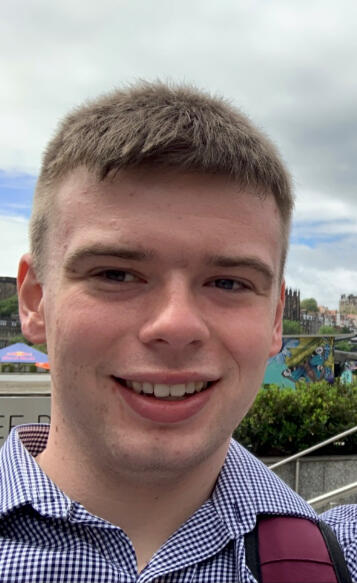The World + 3°

World + 3 is a combination of an academic journal and student zine. Using simple, accessible language combined with a peer review and referencing system, students from across the UK have come together to create an exploration of current climate adaptation trends that everyone can understand.For COP26, World + 3 is excited to present an interactive exhibit! Striving for the same collage-art style as World + 3, this vision of two worlds will be collectively put together by members of the public. We'll be stationed at the COP26 Youth Hub at the QMU for the full two weeks of the COP, except the 9th of November when we'll be at Hunter Halls. Come and do some cutting, picture-picking and thinking about what future we want for our planet.For those unable to visit the Youth Hub - fear not! You can add your hopes and fears below. No artistic talent needed!
The World +3°
Imagining how the world will work plus three degrees sometimes feels like world-building for an apocalypse novel. Three degrees might not sound like much, but on a local and global scale the changes will be era defining. With that kind of increase, average sea levels could rise three feet by 2100 according to the IPCC. This would mean the displacement of 750 million people and iconic cities either submerged or with a landscape defined by flood defences.
It's hard to imagine life going on with the Olympic stadium in Rio submerged, Shanghai and Miami evacuated and The Hague a submerged tourist attraction, the human rights court operating at full-capacity somewhere higher.
Flooding is only one of the issues the world faces looking out at this century, and indeed this millennium, but the reports from scientific communities are not Science-Fiction or Dystopia.
It's hard to imagine a World +3°, but it's becoming increasingly clear that we must.
Who are we?
The hope of this journal is to help refocus the lens, moving from panic and scepticism to solutions. We want to set our generation an important task; to reimagine the future so we can all start to build it.
In pictures from the 1960s, the future is imagined to be all hover-cars and talking pets. We're asking you to imagine the future from the 2020s. What problems is the rising climate likely to cause? What solutions exist or could exist to counter those problems?
The central question at the core of our journal is this:
How do we live in a World +3°?
We want you to ask your own questions around this central theme, using your own experience.
The questions could be technical, asking how people will travel, if there's a better way for houses in cloudy climes to produce power than solar, or how we can save arable land from desertification.
They could be social, arguing if a 'green economy' is possible, how 'climate-robust' countries can prepare for an influx of climate refugees, or how we can build local communities who are able to deal with frequent natural disasters.
Or perhaps your questions will draw a bridge between the two, imagining the architecture of a warmer New York, or how wearable technology could fight emissions. The limit is your imagination.
We don't expect you to solve the world's problems. Your solution doesn't have to be uniquely your own, instead you could compile and evaluate the solutions of others (as long as you cite them).
So what questions do you think need asking?
Meet the Contributors!
Thomas Wallace is a Physics and Astrophysics student at Glasgow University. In his free time he enjoys playing the piano and programming annoying discord bots.With regards to the COP26 he told us that, “I for one support the COP26 because asthmatic hayfever-ridden scientists like myself are not well suited for the collapse of civilisation.” He later added, “"Climate change is the perfect apocalypse so the COP26 is one of our best opportunities to avoid discovering just how bad it can get.”
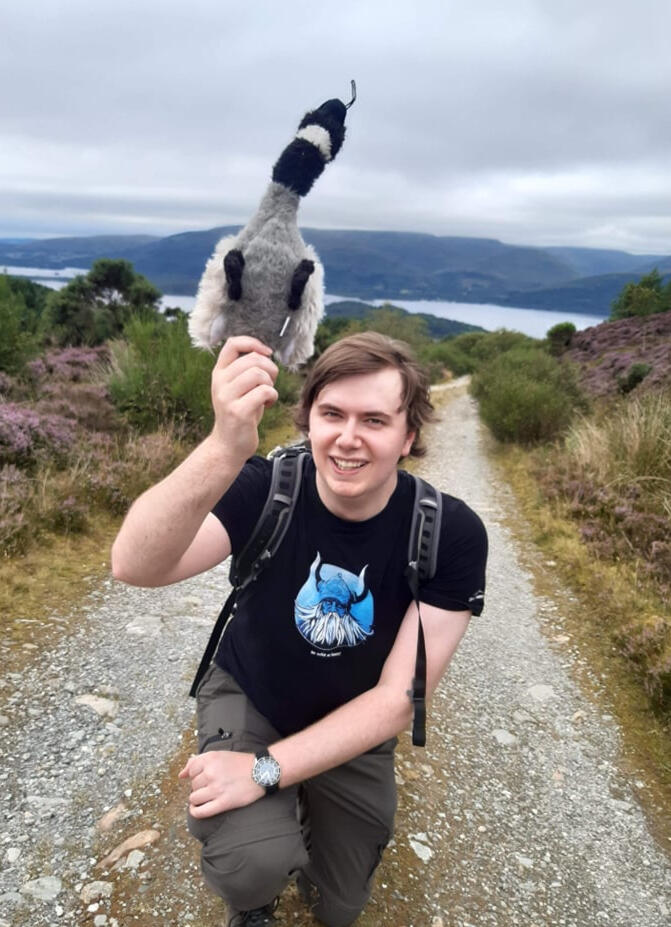
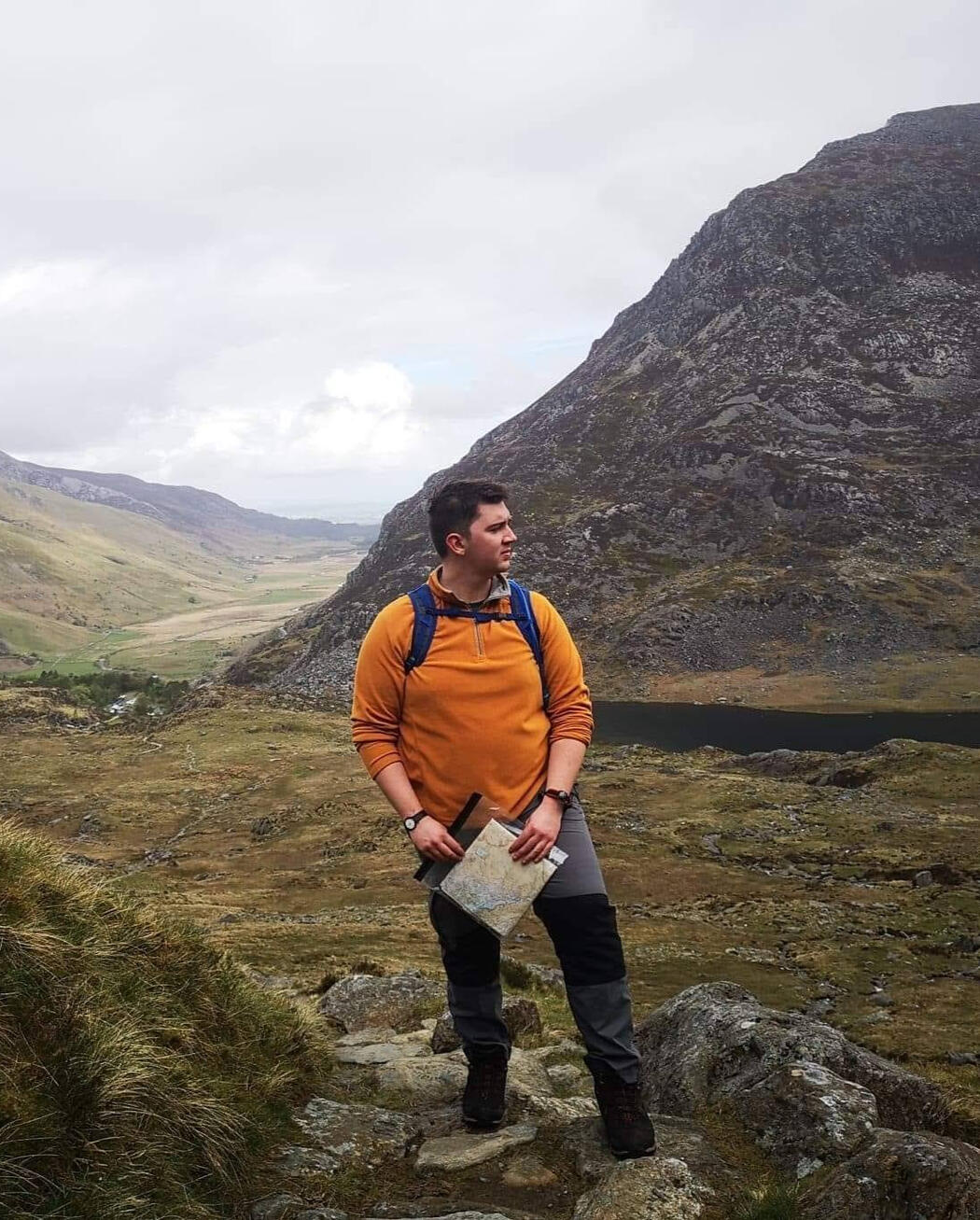
Alistair Williams has just completed a Masters in Environment, Culture and Society at Lancaster University, combining postgraduate Sociology and Environmental modules.He told us that “I wrote a dissertation during this Masters about the proposed Eden Project North in Morecambe, which is set to open in 2024. I have spent the last academic year working as a College lecturer and will be doing a PGCE at Keele University in September."
Zoe Harvey studies Physics with Astrophysics at the University of Glasgow. Her interests include buying too many books and sewing historically accurate gowns.She told us that “I have a keen interest in astronomy and astrophysics, and how we can use the knowledge gained by studying the universe to help our current situation. COP26 will be a great stepping stone to help unite politics and science in a way that maximises our potential to help our planet."
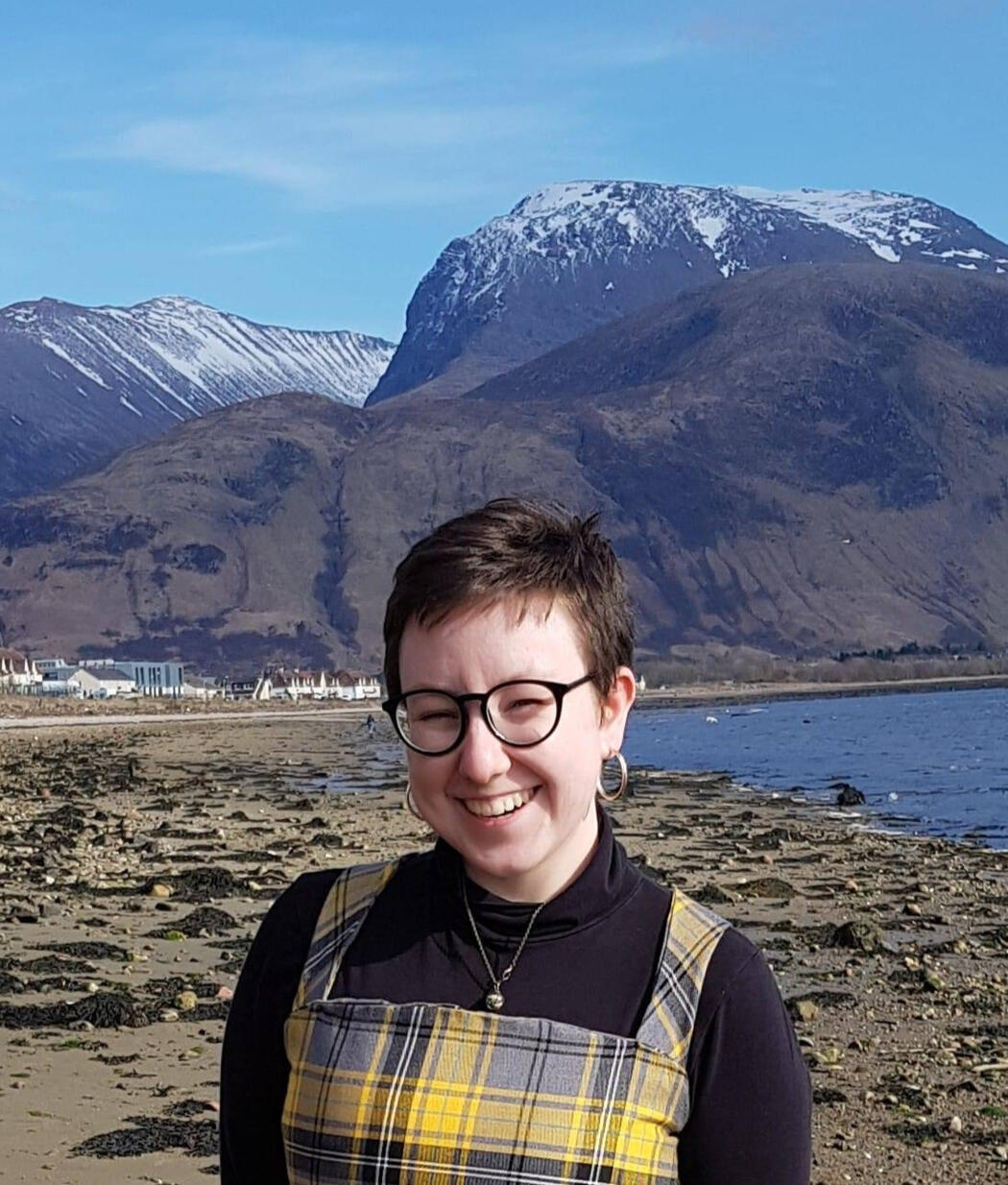
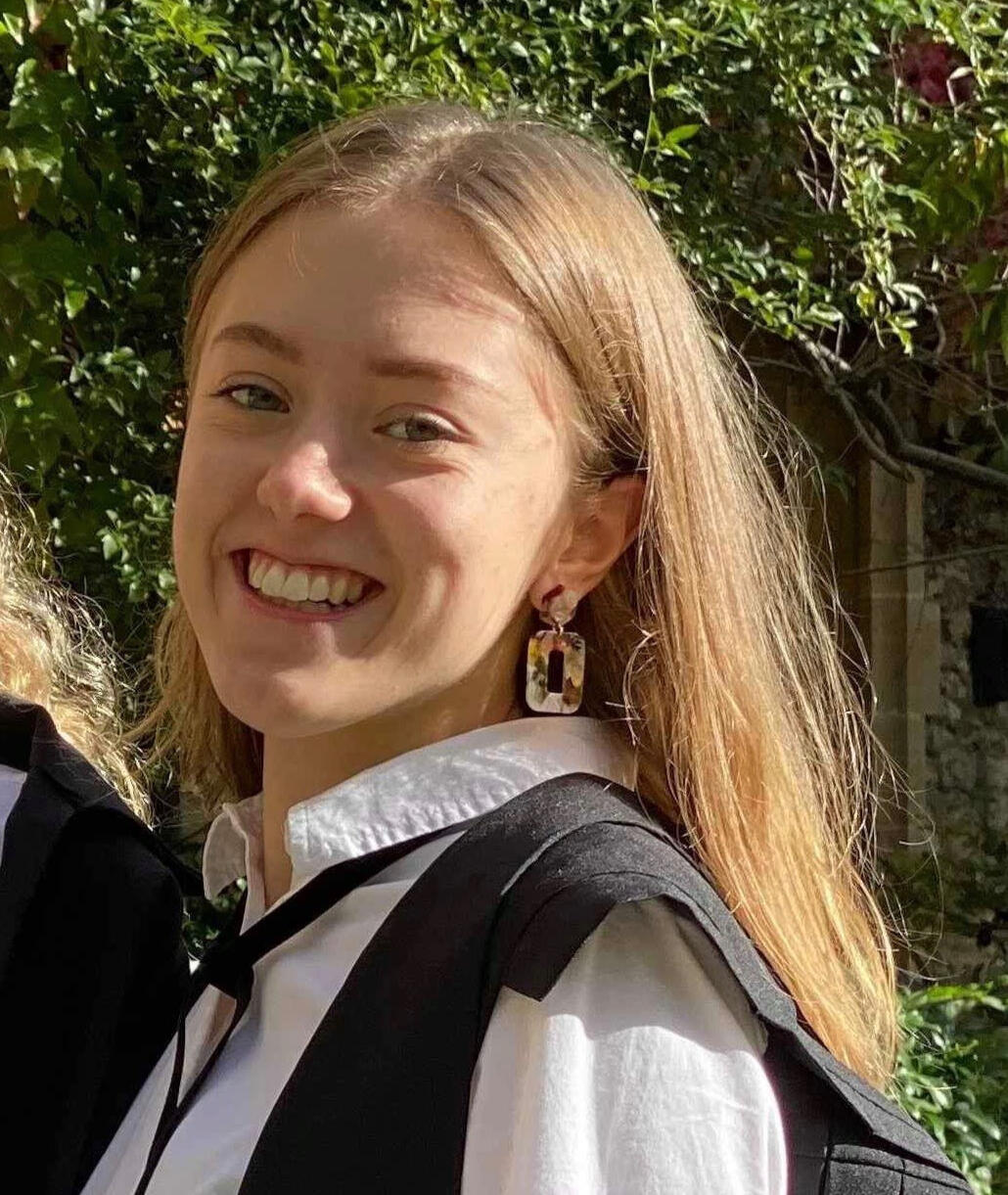
Kitty Attwood studies Geography at Oxford. She’s particularly interested in climate research.She had this to say about the COP26. "It is clear that current climate efforts are falling short of what is required to meet the Paris Agreement; if COP26 doesn’t adequately address this then a 3ºC warmer world will be our reality, rather than an imagined scenario as is explored by the World + 3 Journal. I’d really like to see COP26 address the gap between climate pledges and the practicalities of their implementation. Issues of climate justice are also paramount so I hope the conference addresses inequalities between countries’ contributions to climate change and their abilities to invest in adaptation and mitigation strategies to address climate impacts. In addition, as I hope I conveyed in my article on infectious diseases and climate change, factors such as climate, health and land use are inherently complex and interlinked. Ignoring these connections fails to highlight both the severity of impacts and the possibility for holistic approaches to climate mitigation and adaption, so I think it's important for the summit to acknowledge the interconnected nature of climate impacts. COP26 has huge potential to address these issues at a crucial time for climate policy, so I’m excited to see how the conference unfolds."
Rhys Mawby is a 21 year old graduate originally from Leicester, but now living in Dumfries. He has just finished a Bachelor's degree in Environmental Resource Management at SRUC Edinburgh/The University of Edinburgh.He currently wants to do a Master's degree in a similar subject, though he wants to take some time off first.Here is what he had to say about writing for the journal; ‘As I progressed throughout my studies I became more aware and conscious about the world and environment that we live in, and how urgent it is becoming to start taking action to save our planet from a climate crisis before it's too late.I also have a learning disability, I have Asperger’s Syndrome (a form of Autism) meaning I think and learn differently to other people but also creates more of a challenge to learn, socialise and take advantage of new and useful things sometimes. But I am determined to not let it get the better of me, and see my condition as an advantage. This is the other reason why I took the time to do this, I wanted to prove myself capable.My family are also such an inspiration to me and have played a role in inspiring me to do this, along with my studies and any challenges I've faced over the years, and I only successfully got through it all so far because I remember one true thing they always used to tell me, "let education take you as far as it will take you."’
